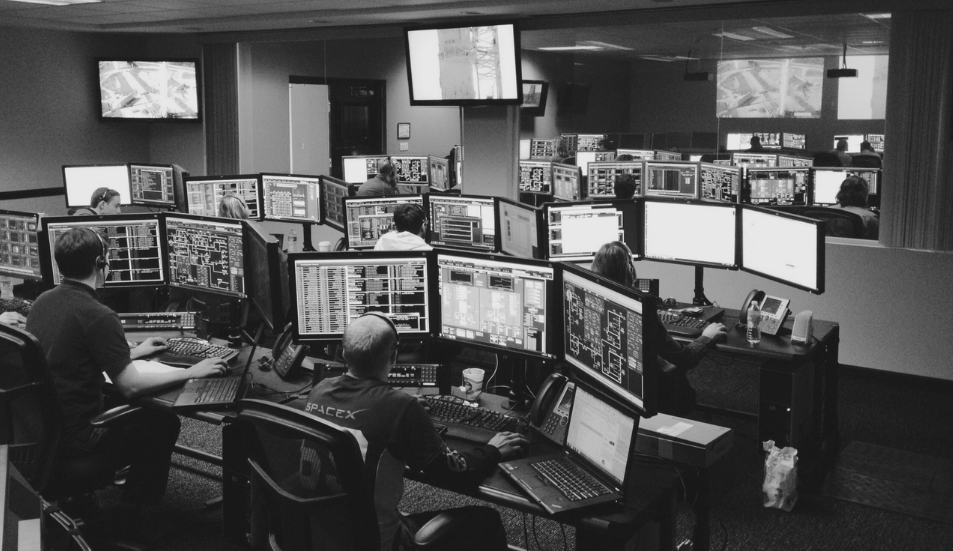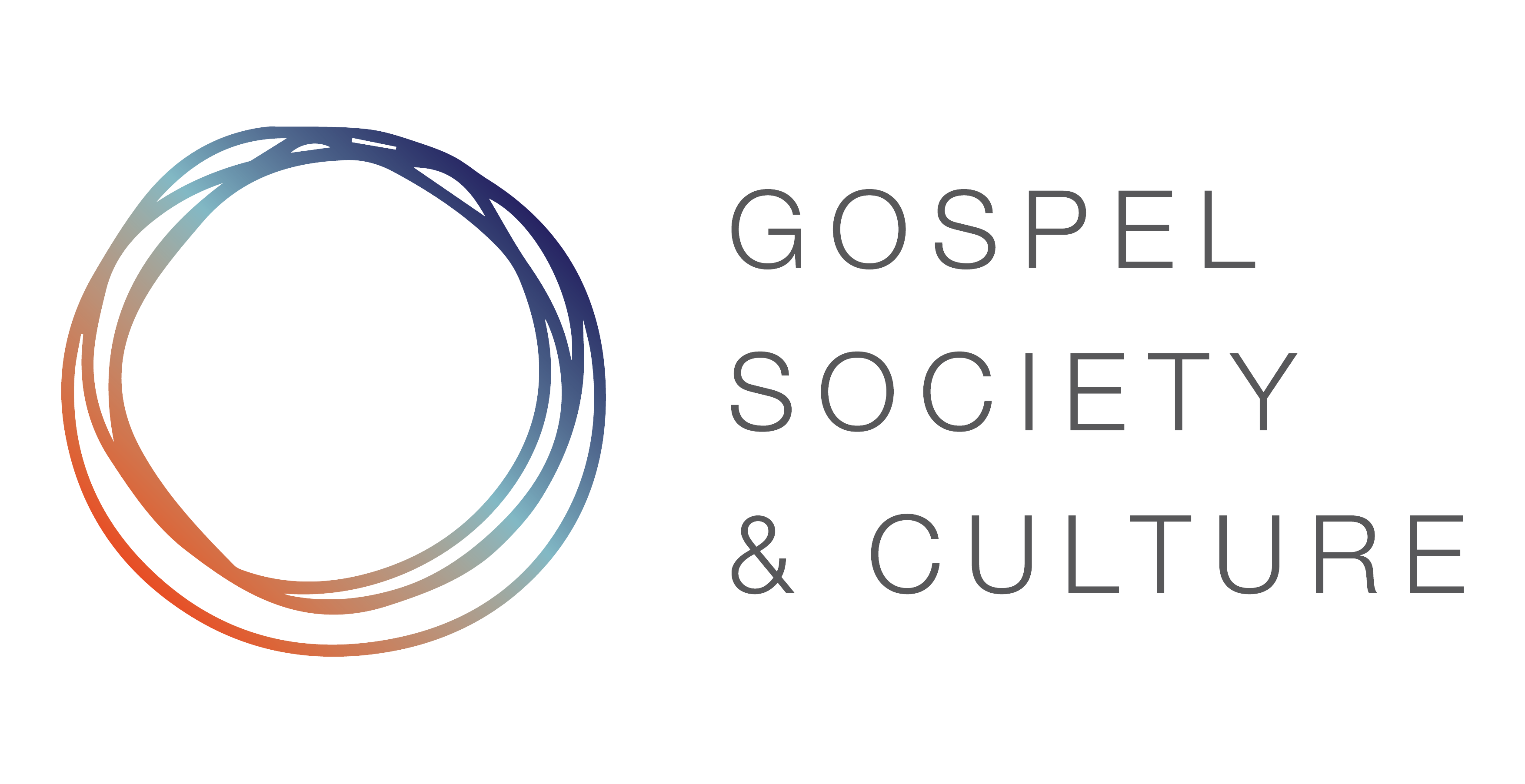
In this, the fourth in a series, journalist PETER CHRISTOPHER looks at why it’s hard to avoid 24/7 crisis coverage and its impact on you.
New media impacts us personally. Droughts, bushfires, floods and Covid-19 have assaulted our emotions with what seems like an uninterrupted coverage of disaster.
Thanks to the convergence of new media and globalisation, the people of Wagga Wagga are grieving simultaneously with New Yorkers, Parisians and Milanese as they struggle with Covid-19.
We can no longer compartmentalise our information into local, national and international, as we once did. Local is everywhere.
I worked at the ABC in 1972. I drove to Sydney airport at 6am every day with reels of film of the previous day’s NSW news bulletin to be flown to Darwin for screening. What a difference 38 years makes to how our northern-most city receives news today.
We live in a time of oversupply of media information. And it has an underlying impact on our lives and emotions. Random, social media-dominated news consumption condemns us to be victims of waves of incremental bad news.
With Covid-19, we can grieve and be anxious 24/7. We can start with bad news from North and South America at breakfast, Sydney in the morning, Asia and the sub-continent late morning, Europe in the afternoon and evening, before emerging back in America after midnight.
Reports about the number of new cases and deaths in New York and London are blending seamlessly with the figures from Sydney, Brisbane, Melbourne and Perth.
Covid-19 is a unique event in that all humanity is suffering simultaneously. The new media does not distinguish borders. This serves to double down on our anxieties. Once upon a time news was dominated by localism. If it didn’t happen in my town or suburb, then it didn’t ‘really’ happen. This created a protective emotional bubble.
Fast forward to April 2020: I’m sure millions the world over cried together when Andrea Bocelli sang Amazing Grace outside the empty Duomo in Milan in April. It was streamed live. We were all there.
There was poignancy as we cut to scenes of empty plazas and streets around the world.
So many Australians travel around the world. So many of us have been to St Mark’s Square, Times Square and Trafalgar Square. To see them empty is wrong. We are grieving for the people and places that millions of us have visited.
A dominant reaction to constant bad news is to ‘withdraw’. Turn off the radio and TV. Read only the sports pages and comics. Binge-watch Netflix or Stan. This is not wise. Over consumption can be damaging. But blocking out bad news doesn’t solve the problem.
If you don’t keep up with the Covid-19 news (or other significant events) you can easily fall into the trap of catching only the ‘sensational’ bits. The loudest headline. The most extreme views. Social media is a megaphone for fear, confusion and anxiety.
What’s the answer? Controlling our consumption of media allows us to be better informed to make important decisions. Being discerning about the sources gives us confidence to act on the information we receive. And there’s plenty of information that’s thoughtful, compelling and accessible. Try this site for example to see what serious analysis of big events looks like – https://www.csis.org/ – it’s the Centre for Strategic Studies in the USA.
But as the writer of the Bible book of Ecclesiastes said a long time ago: “Of making many books there is no end, and much study wearies the body.”
A contemporary version could read: Of making of news there is no end and much exposure wearies the body.
The wisdom of Solomon is indeed needed in this pandemic era.
